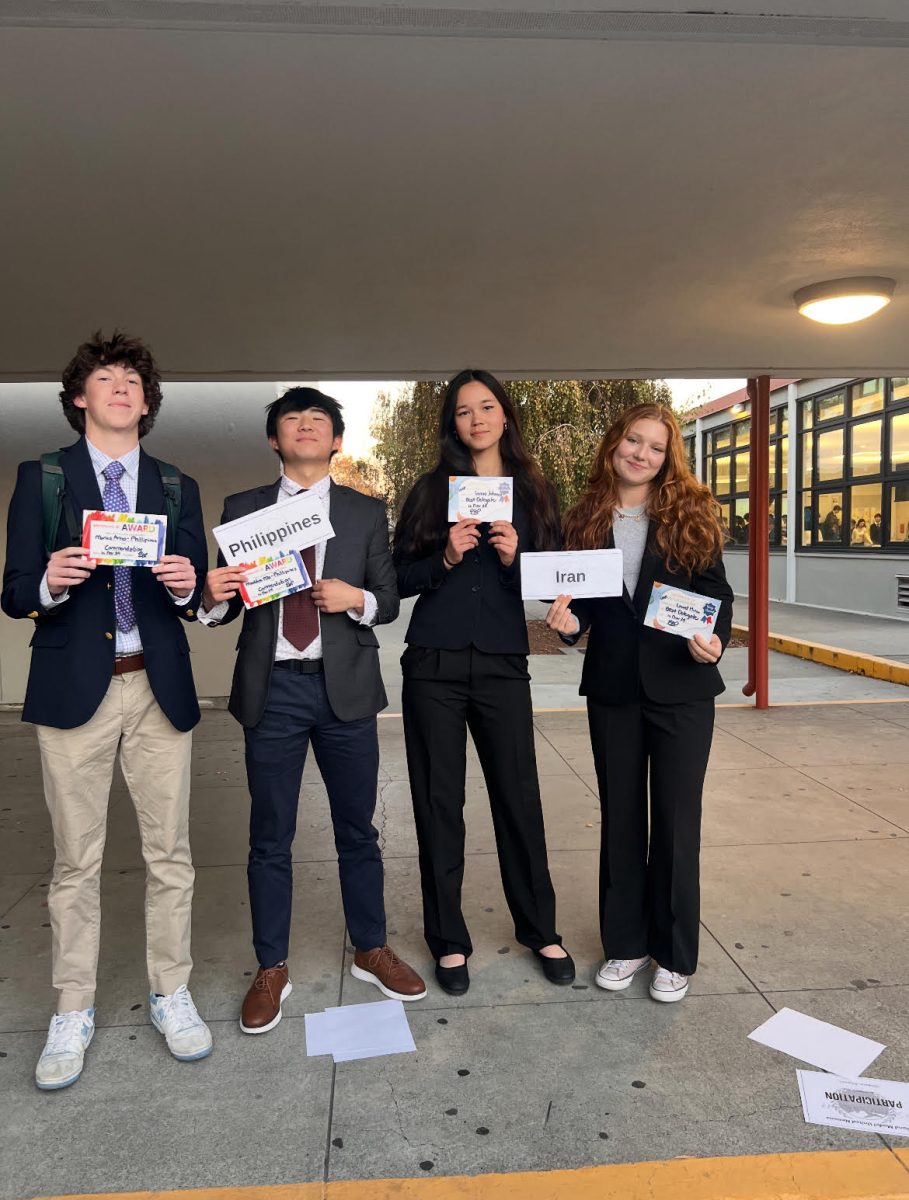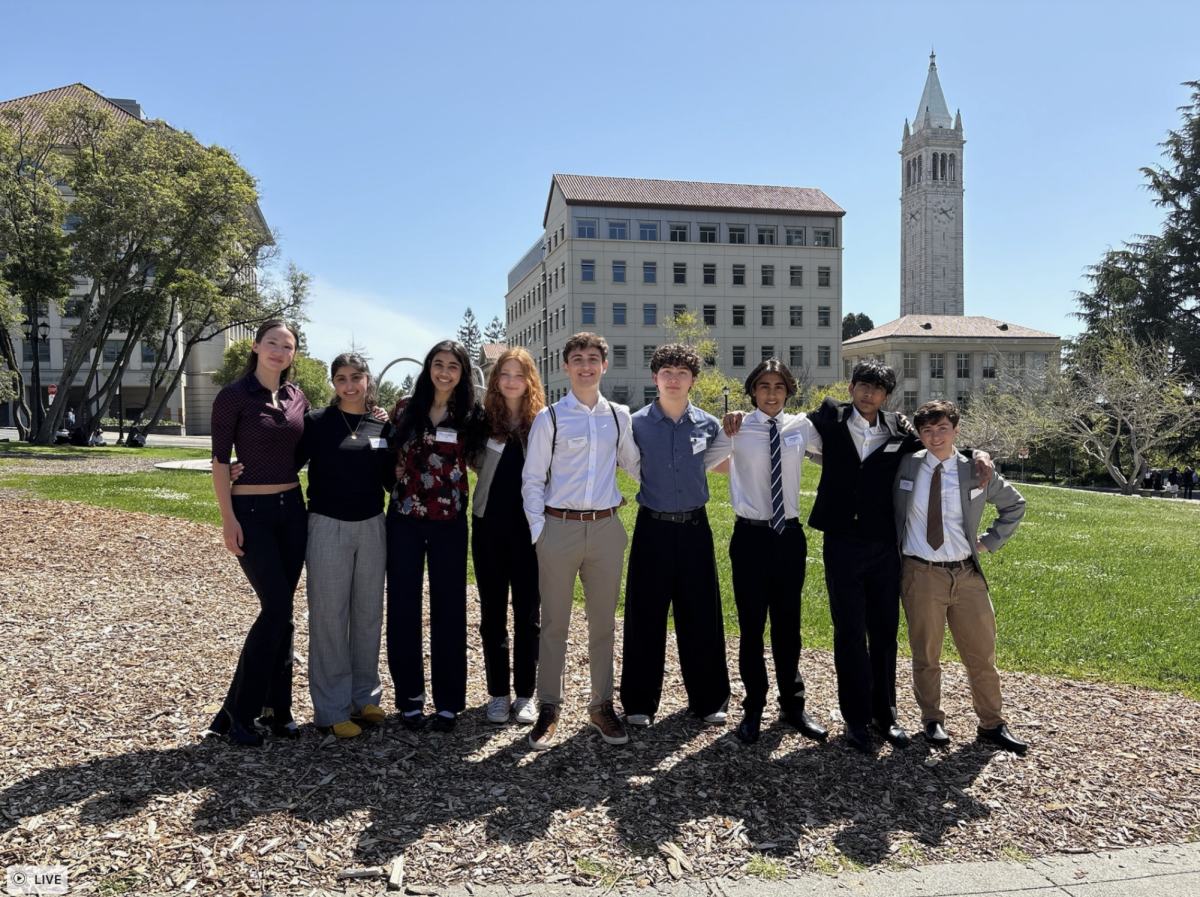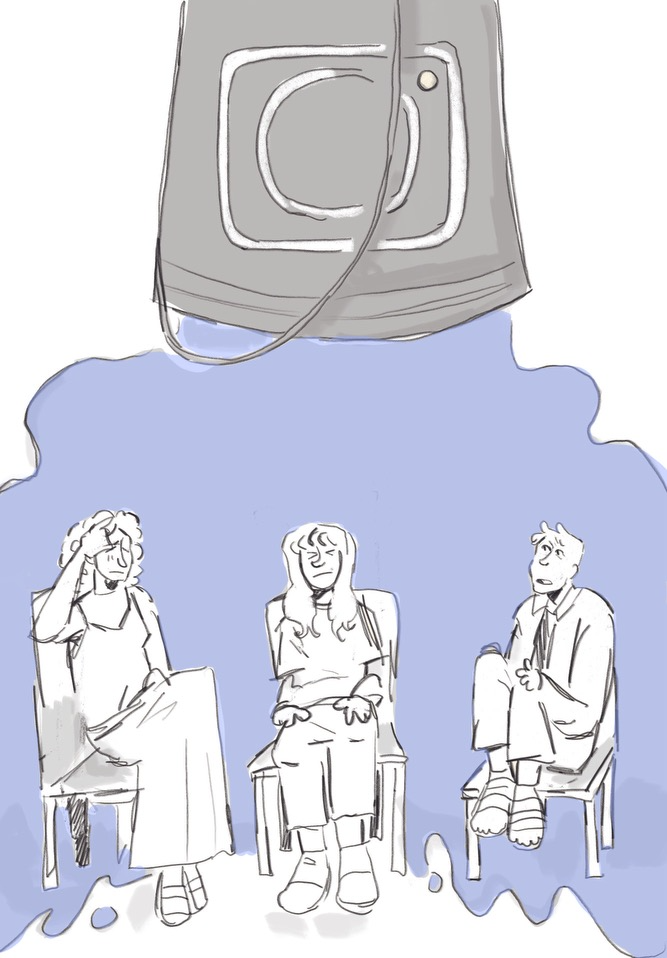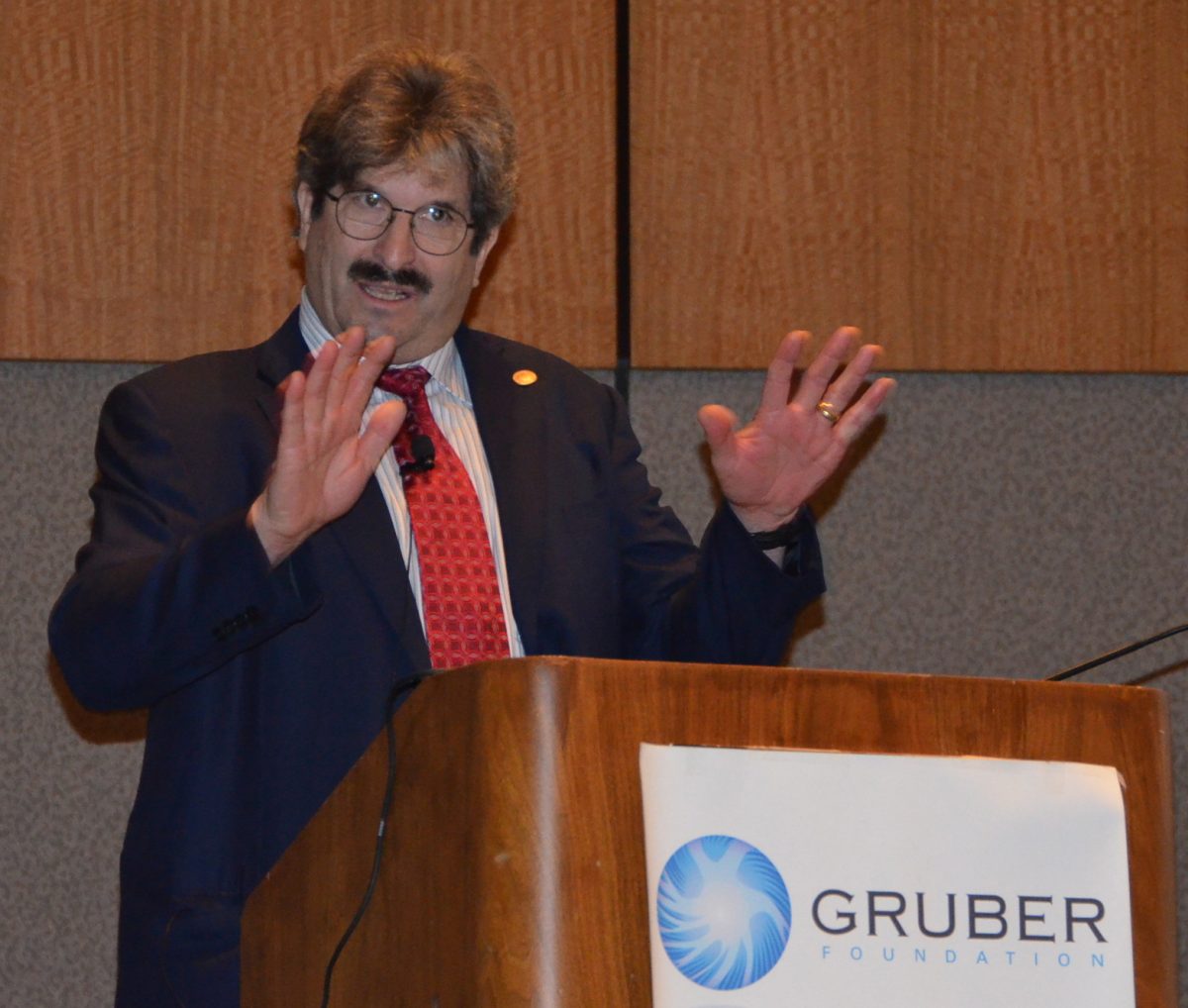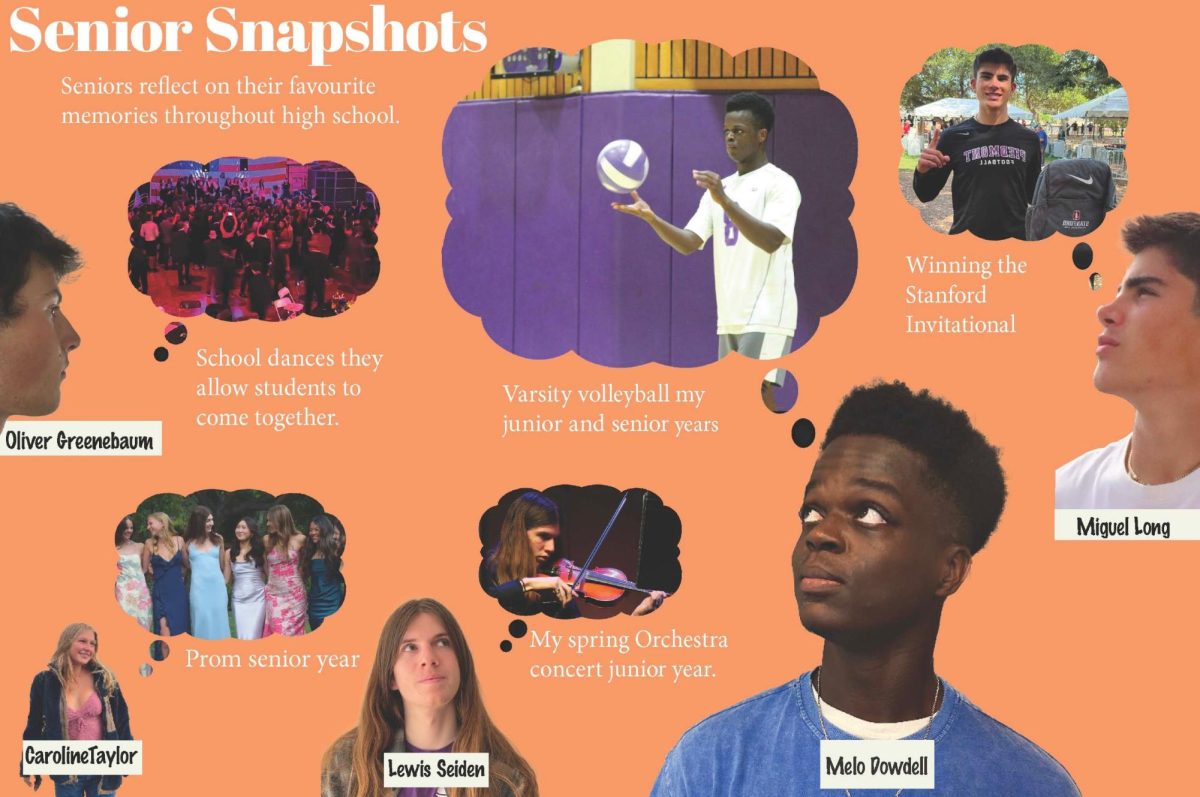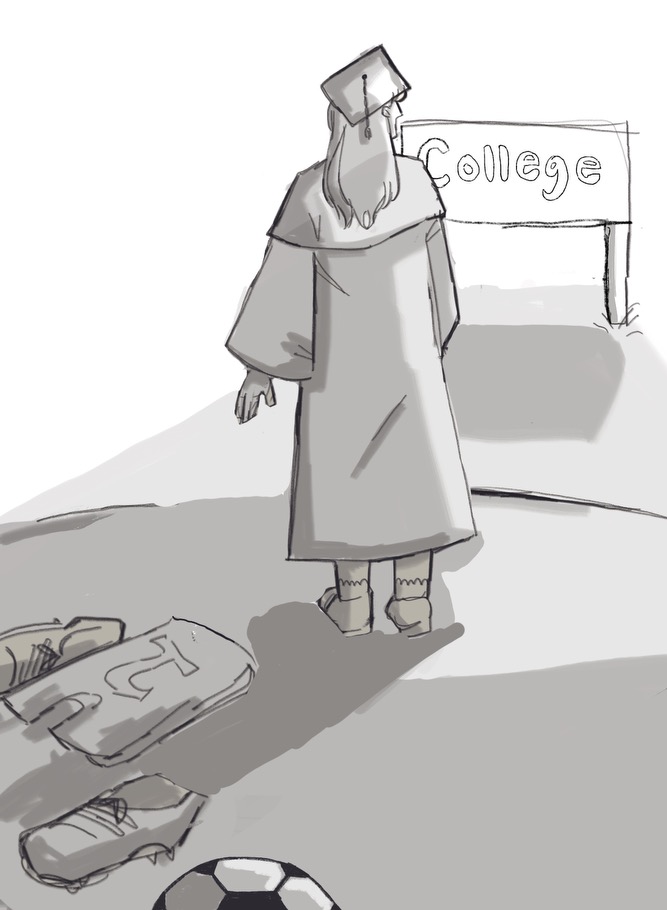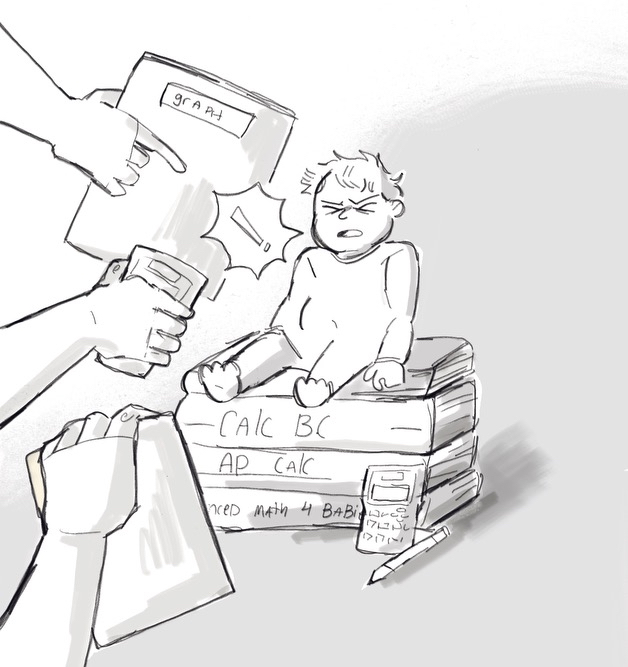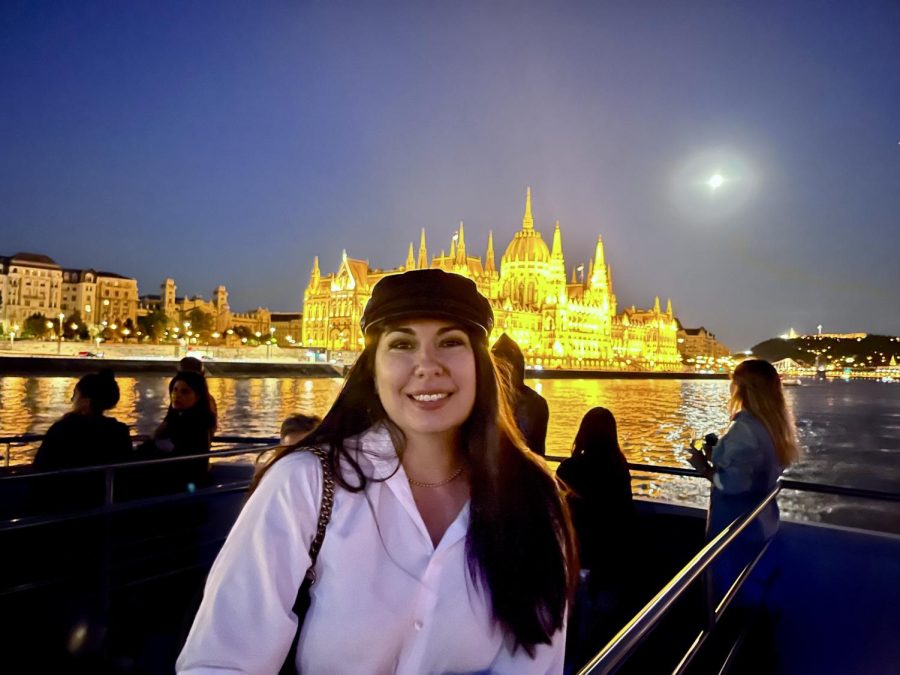McMillen Finds Inspiration in Hungary
Sep 13, 2022
Jessica McMillen takes in the bustling streets of Budapest, Hungary, and finds herself in awe of the immense culture and rich history found there.
From June 23 to July 24, Spanish teacher Jessica McMillen stayed in Hungary through a Fulbright scholarship program called Fulbright-Hays Seminar Abroad.
“The way I found out about the program is very modern. I follow a lot of teacher content on TikTok, and they were talking about opportunities for teachers over the summer and this one stood out,” she said.
Every summer, Fulbright, a prominent cultural exchange program in the US, picks a different country and selects teachers to attend their Fulbright-Hays seminar. This summer, McMillen was one of fourteen teachers accepted to travel to Hungary.
“The point of the seminar was for us to form a cross-cultural understanding. We were there to learn about Hungarian culture, politics, religion, history, and the secondary educational system, and then come back to the United States and teach our students,” she said.
During the month-long program, McMillen said that she was consistently busy.
“Every day we did a combination of activities. In the morning, professors from universities would come and give us lectures on different topics and then we would go out into the city and take tours,” she said.
McMillen said that she was able to visit cathedrals and museums, and even take two trips to see the Eastern and Western sides of the country.
“Our only free day was Sunday, so for six days per week, for four weeks, we were on the go between eight and 14 hours a day,” she said.
One day during her trip, McMillen ran into PHS alumni Jezebel Droga while exiting the metro in front of an Opera House.
“It was a pure coincidence. Budapest has a population of 1.7 million people, so it was crazy that I ran into her,” she said.
The last time McMillen visited Hungary was briefly in 2015 after earning her undergraduate degree in Spain.
“This trip gave me a lot more appreciation for traveling and understanding the culture of the country you’re in versus traveling just to check off a country on your box, which is what I did seven years ago,” she said.
McMillen said that when she got back from her trip, she felt inspired to teach her students about what she learned and formulated a plan to do so.
“I want my students to translate stories written by Roma children that relate to marginalized groups, such as Latinos in the United States, and then interview an elder in English. Then, [they will] write their story in Spanish. The idea is that everybody has a story to hell,” she said.
McMillen said that she did the project herself by interviewing her 87 year-old grandmother.
“In Hungary we learned that women would sit around sewing together, and they would talk about the things happening in their lives, whether that be a death, a wedding, or a birth. That’s how oral traditions were passed down for generations,” she said.
McMillen said that the concept of oral tradition seems to be declining, so she wants her students to understand its significance.
“These days, nobody sits around [passes] down oral traditions. It’s important to hear the stories from our grandparents or elders, because that’s how we’re going to know about our history, about our culture, [and] about ourselves,” she said.
